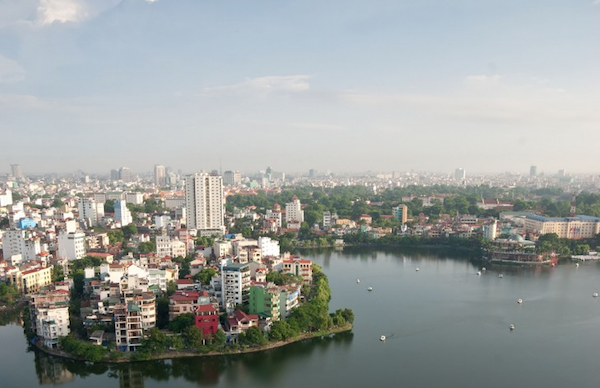An increasing number of Japanese investors are moving into Vietnam where high-end projects have made a comeback after heavy focus on low-end projects in recent years.
Although Singaporean, South Korean and Taiwanese investors have traditionally invested in Vietnam, according to recent reports by Vietnamnet.vn and AsiaOne Business, Japanese companies of late have begun pouring money into some key projects, such as Creed Group injecting VND600 billion (USD282 million) into Nam Bay Bay’s projects in Ho Chi Minh City, including City Gate Towers, NBB Garden II and NBB Garden III.
Moreover, Japanese construction company Kondo Kensetsu Kogyo will soon start coaching employees of Vietnam Posts and Telecommunications Group’s real estate management unit Property & Management Company to orient the real estate agents on Japanese-style service with trainers to be sent to Japan by the end of this year.
That high-end projects have started to perform well in the Vietnamese market was underscored by 70 percent of the Hanoi-based VinHomes project, which comprises more than 250 units, being sold during the launch at the beginning of this month. The unit prices ranged from VND3 billion (USD141,000) to VND30 billion (USD1.41 million), AsiaOne Business reported.
Units of Little Viet Nam were also sold out within three hours of the launch last September.
The bullish sentiment of investors is also reflected in land prices at Phu Quoc Island’s main town Duong Dong having tripled to VND32 million (USD1,504) per sqm this year. This massive jump from last year’s prices is due to the Politburo having green lit the construction of casinos on this island destination, according to Vietnam News Brief Service.
However, the other side of the coin shows that there are still many incomplete apartment buildings in Ho Chi Minh City with thousands of homebuyers yet to get their dream home despite having poured in their hard-earning deposit money, Tuoitrenews.vn reported last weekend.
Among these ‘ghost buildings’ are Petro Vietnam Landmark and Kenton Residences, whilst developers of the Gia Phu Land project not only did not deliver these homes they were caught selling the same unit to four to five buyers.
Source: www.property-report.com

